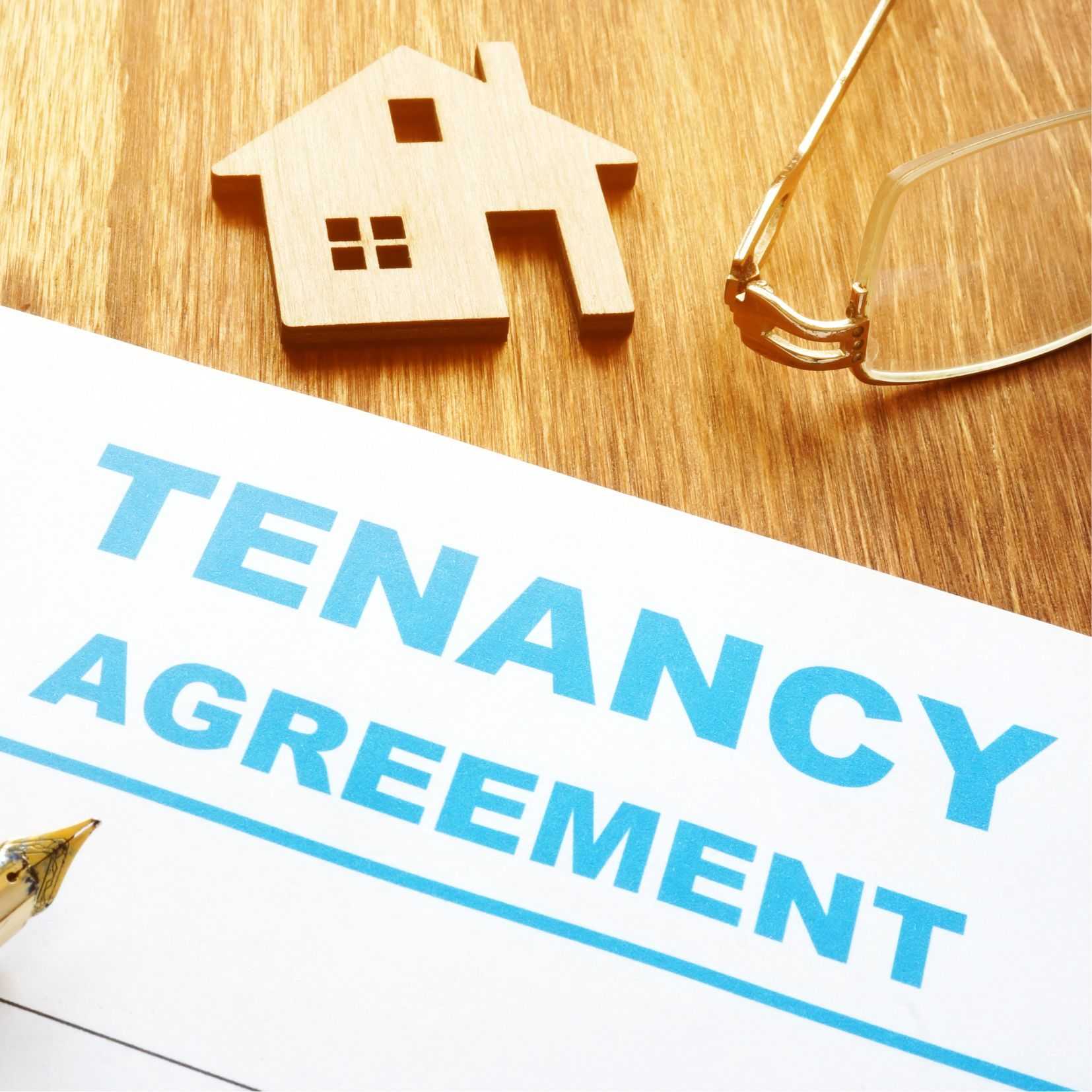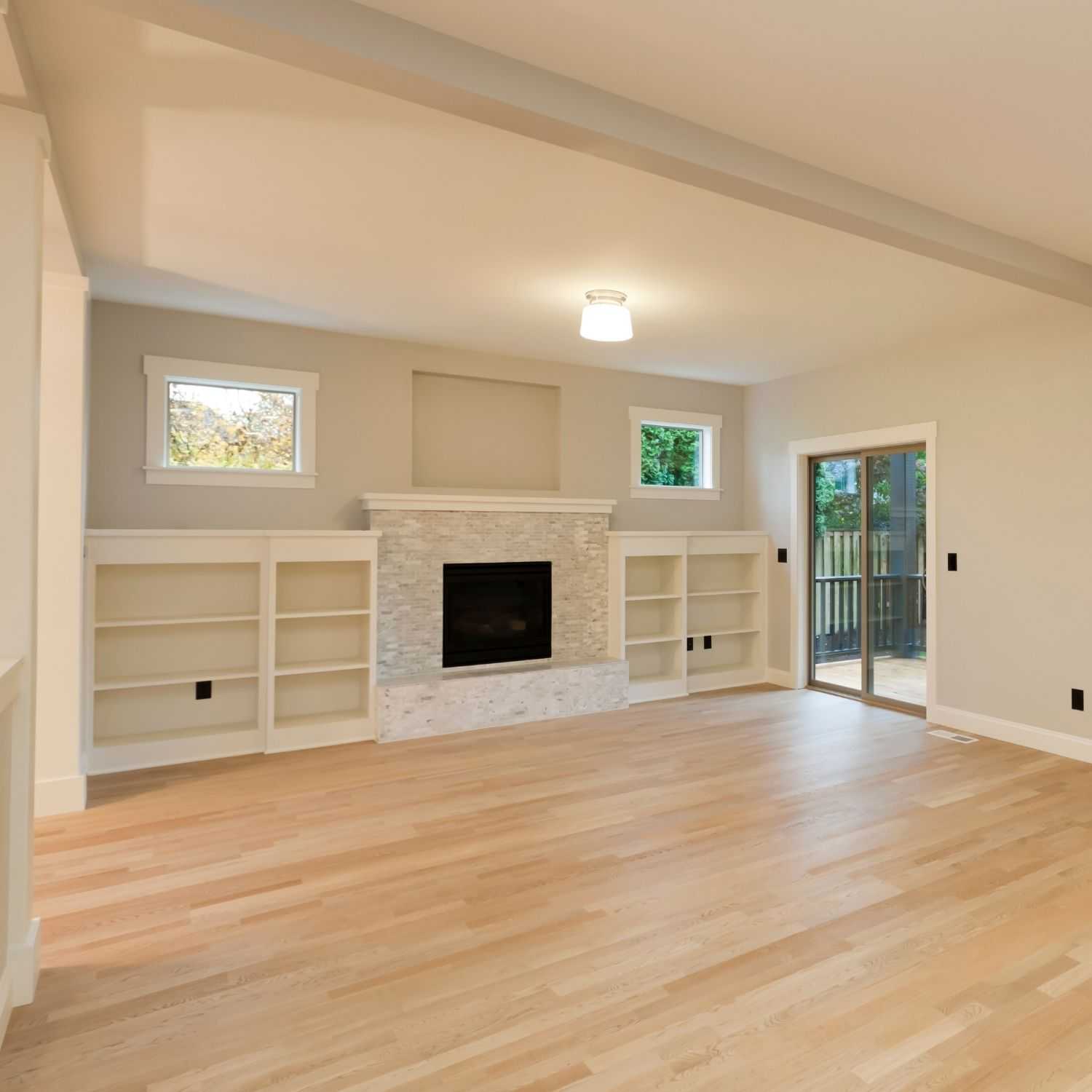Share post:
A tenancy agreement is an important document outlining the rental arrangement between a landlord and tenant. While this agreement is meant to legally protect both parties, that doesn’t mean it’s completely free from misunderstandings and disputes.
Sometimes, issues and breaches still arise and these could compromise the rental agreement. Unclear terms and compliance issues are only a few reasons why tenancy agreements encounter problems.
In this article, we’ll focus on common tenancy agreement issues that London landlords and tenants struggle with. You’ll also get insights on how you can avoid these issues to prevent conflicts and ensure a smooth and long-lasting rental experience.
Common Tenancy Agreement Issues
According to a survey, 8 out of 10 landlords experience tenancy breaches. Among the common breaches revealed in the survey include damaging the property, failing to clean and maintain it, unauthorised redecorating, etc.
If left unresolved, these breaches could lead to bigger problems that could either compromise the property’s integrity or lead to legal disputes. Make sure you have a well-structured agreement to ensure a smooth landlord-tenant relationship. This increases the chance of a long-term tenancy where both parties benefit from the rental property.
Fortunately, avoiding common tenancy agreement breaches shouldn’t be too hard. Let’s take a look at possible issues to identify how these can be resolved.
Missing or delaying payments
Late payments can disrupt the landlord’s cash flow. The financial strain that comes with it can cause unnecessary stress. Tenants who can’t pay on time will most likely be subjected to legal consequences, penalties or even eviction.
To avoid this issue, landlords should establish clear payment terms in the agreement. Apart from the due date, provide alternative payment methods. This way, tenants going through unexpected financial difficulties have options that won’t get them into trouble. You should also inform them of late fees or penalties that they will incur due to delayed payments. To make the collection easier, you can set up an automated process with notifications so both you and the tenant are reminded of
While tenants can be evicted due to payment issues, make sure you are updated on the law (e.g. Renters’ Rights Bill) to ensure you’re following the right legal protocols. Follow the updated rules of eviction to always stay compliant.
Failing to care for the property
Both the landlord and tenant are responsible for taking care of the property. The landlord handles the major structural repairs while the tenant is responsible for basic maintenance issues. Sometimes, tenants fail to care for the property’s basic upkeep – leading to severe property damage and depreciation.
To avoid these issues, you should detail the tenant’s responsibilities. Include penalties or fees that will result in their neglect (e.g. 50% of repair costs will be shouldered by the tenant if it’s proven that their neglect led to major structural damages). Provide tenants with a maintenance checklist as a reference. They should also be proactive in reporting any safety hazards or structural issues so you, as the landlord, can act on them before the damage gets worse.
Conduct regular inspections (this should also be specified in the tenancy agreement) to check if the tenant is taking care of the property and keeping it in good condition.
Making unauthorised alterations or damages to the property
Some tenants take it upon themselves to repaint the property, make modifications or install fixtures. While they may want to improve the property, they might not be aware of current building regulations that might be compromised.
The tenancy agreement should clearly state that you, as the landlord, should be duly informed of any plans to alter or modify the property. If the tenant insists without your authorisation, specify in the agreement that the repairs will be deducted from their security deposit. If there are modifications allowed, this should be listed as well.
Overcrowding
Some tenants may be bold enough to let other people stay on your property – beyond the number that’s legally permitted. This can lead to health and safety risks. It can also increase the wear and tear of the property.
To avoid these issues, clearly state the occupancy limits in the tenancy agreement. Conduct periodic checks to make sure there’s no overcrowding in the property. You can also state the consequences of overcrowding like asking for additional rent or enforcing eviction to maintain the legal occupancy limit. Make sure you strictly implement these so tenants know you’re serious.
Keeping pets
Pets are a controversial issue in the rental property market. Some people are very protective of their pets and treat them as family. In the latest Renters’ Rights Bill, tenants are allowed to have pets, but that doesn’t mean you can’t impose strict rules. After all, pets can cause damage to the property.
To make both parties happy, set clear rules about pet ownership. Allow pets but ask for a deposit to fund repairs, in case of damages. Be specific about what this deposit will be used for (e.g. cleaning fee, etc). Discuss issues like allergies or noise complaints from the neighbours. This has to be addressed in the tenancy agreement so everything is clear from the start.
Early termination
What if the tenant wants to leave before the tenancy period ends? This is another issue that you should include in the tenancy agreement. It can cause financial loss (and mortgage payment issues) and you want to be ready with a clause in case it happens.
Include an early termination clause in the agreement and be specific about the notice period and potential fees that will be incurred. You can set a break clause to provide flexibility for the tenant while protecting your rental income.
You should also have a plan to get replacement tenants quickly to prevent long vacancies. Ask the tenant for referrals. Maybe they know someone who can take over the lease.
Causing disturbance
Noise complaints are a common issue, especially if your property is in an apartment building. This also includes disruptive behaviour and illegal activities. If the neighbours are filing complaints against your tenant, you have to act on it to protect your property’s reputation.
Usually, residential buildings or compounds have community rules when it comes to noise restrictions. Specify these in the tenancy agreement and make sure your tenants have a clear copy of the community rules and regulations.
In case complaints arise, have a process in place to address them. Issue a formal warning first. If the tenant refuses to cooperate, inform them that you’ll be forced to take further action.
Prevent Issues Through a Well-Defined Tenancy Agreement
A tenancy agreement is not just there to define the rental fee or period. It’s an important document that will outline the contract details protecting the rights of both landlords and tenants. By understanding the common tenancy agreement issues, you can clearly define or include clauses that can protect you and your property – while still considering the rights of the tenant.
Make sure you give the tenant enough time to review the agreement before moving in. Be open-minded in discussing their terms but be firm about your non-negotiables. As you do all these, keep in mind all the rules and regulations to ensure your contract is compliant with everything.
While this may seem overwhelming, you can always partner with a property management company specialising in long-term letting. They have experts who are well-versed in tenancy agreements and they’ll make sure your rights and property will be protected.
If you want to know more about this, get in touch with City Relay. Our long-term letting team is always ready to help manage your property and tenants – that includes creating a tenancy agreement.












